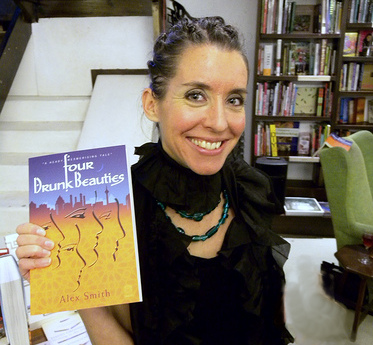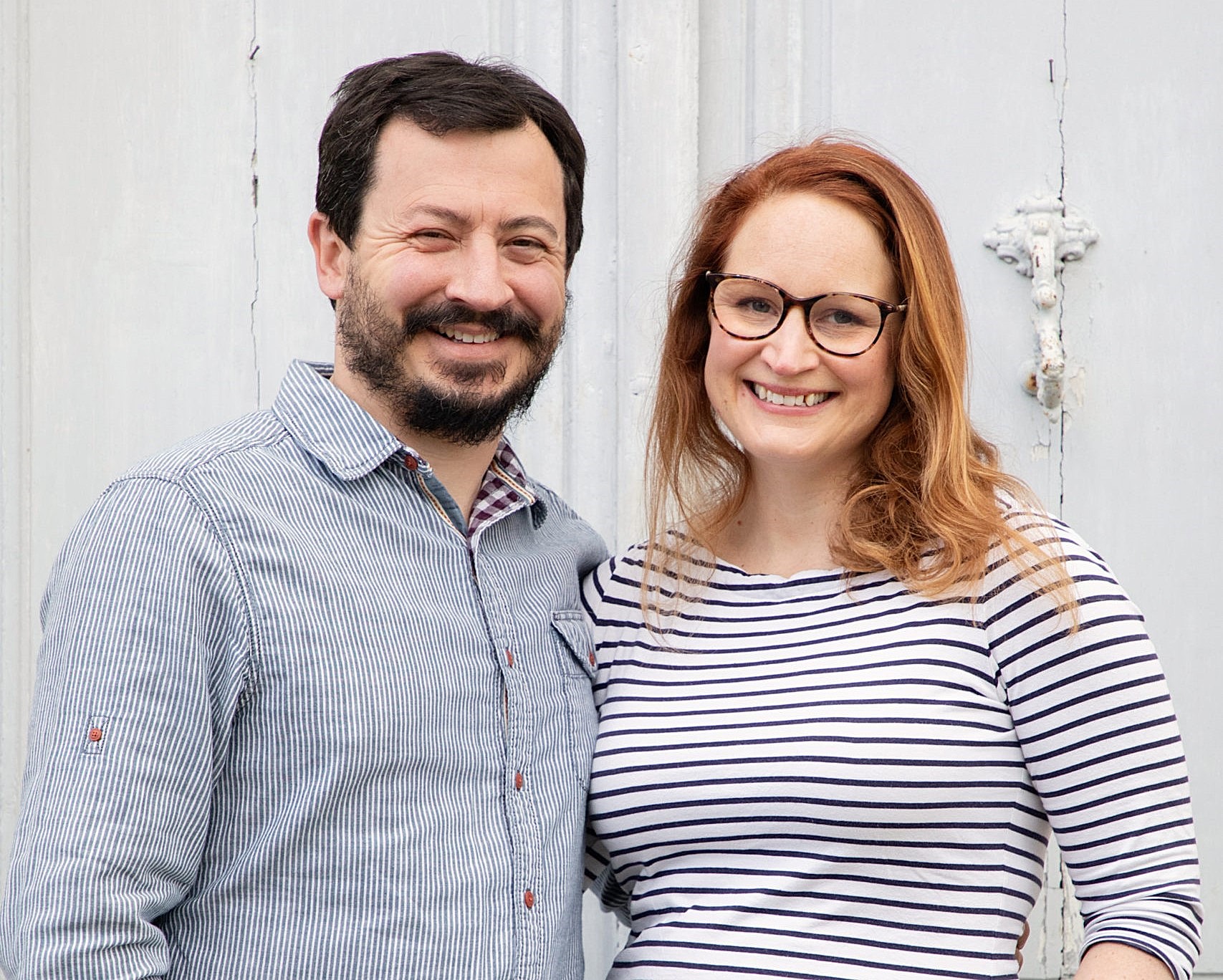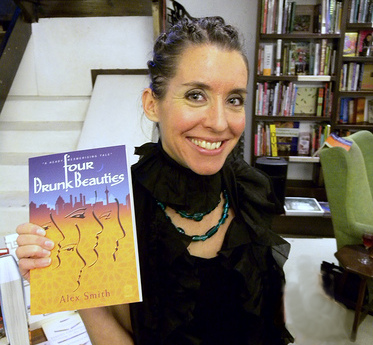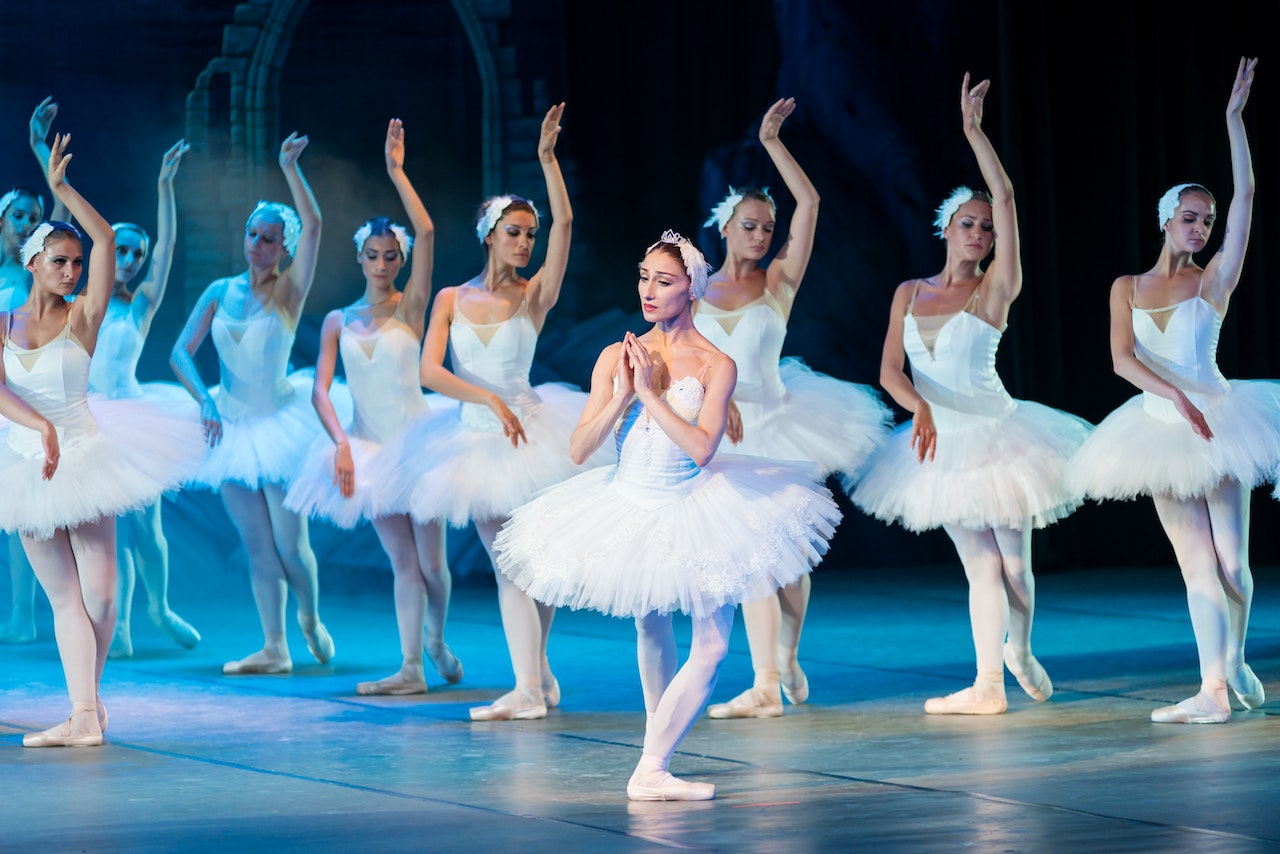Have you often thought about writing a memoir but never managed to make a start? I’m here to say that if you have a story to tell, then tell it! Begin now with these five easy steps.
Step 1 – Be clear about your target reader. Is it you, your family or ‘The World’? In other words, would you like to see your story read by a wider audience through publication or self-publication?
A memoir is a true, or more accurately, honest story – it is as true as your view of the events can make it true; it is a portrait in words, and your depiction needs to be as honest as you can bear to make it. However, depending on your audience, you may decide that some things are best left out, either because they may impact another person’s privacy or even safety, or because they could be distressing for your reader. It will be your honesty that will bring your story and the people who are part of your story, to life.
Step 2 – Write a phrase that summarises your memoir’s theme and time focus. Keep in mind that a memoir is not an exhaustive account of every aspect of your life. A memoir is not an autobiography. A memoir has a focus – this focus can be a particular time span in your life, a particular experience, or a particular recurring theme.
My memoir ‘Drinking from the Dragon’s Well’ covered two years of my experience teaching English in Wuhan, China. Your focus could be a longer time span, for example, ‘childhood’.
A memoir often hones in on a particular experience, such as travel, triumph over adversity, abuse, addiction, mental disease, grief and loss. Your theme phrase can be your temporary memoir title – seeing it each time your open your file will remind you to stay on track and keep your writing relevant to your theme.
Step 3 – The Big Bang – you want your memoir to be engaging, so think like a storyteller. You need tension, suspense, highs and lows. You need a story arc: a beginning, a middle, and an end. Draw out of your memory a dramatic moment around your theme, a high point or a low point. Write 200 words in first-person perspective (i.e. using ‘I’) describing this Big Bang moment.
Step 4 – Brainstorm memories of events around your theme – jot them down under your Big Bang paragraph. Aim for about 30-40 events. Write them down quickly as single phrases. When you’re done, date the events roughly. Sort them into chronological order. Number your events – these will be chapters.
Step 5 – Make a weekly writing schedule and begin writing by picking the event in your step 4 list that you most feel like writing about. Think about a conversation that took place as part of that memory. If you can’t remember the exact words, imagine words that may have been said between the people who feature in that situation.
Write a scene that puts the reader into your shoes. Finally, extend that scene to 1000-1500 words, and there you have your first completed chapter.
You don’t need to write your memoir in chronological order. Write around the difficult parts; you’ll get to them, but don’t let them hamper the flow of your writing. Good luck!

About the Author

Alex Smith is the author of two magic real novels Algeria’s way and Four Drunk Beauties, two YA fantasy novels, Agency Blue and Devilskein & Dearlove, a memoir, Drinking from the Dragon’s Well, about teaching English in Wuhan, China, and a series of middle-grade novels translated into African languages and prescribed as set works in South African schools.
Her short stories have been published in journals and anthologies in the UK, South Africa, Ireland, Germany and Sweden. She has won the Nielsen Booksellers Choice Award and the Sanlam Youth Literature Award. Alex was shortlisted for The Caine Prize for African Writing, was a finalist in the NLDTF/PANSA Festival of Contemporary Theatre Readings and, on the recommendation of author Andre Brink, was a candidate in the Rolex Mentor & Protégé Arts Initiative.
Alex tutors the Novel Writing Course, the Literary Short and Flash Fiction Course, and the Memoir Course at the Writers College.













